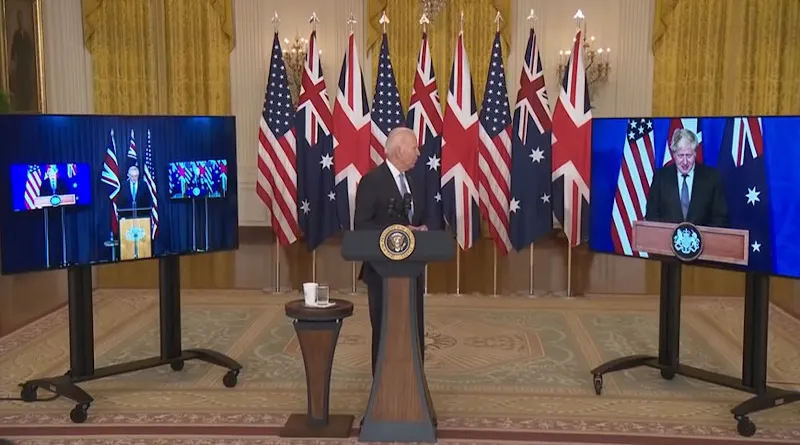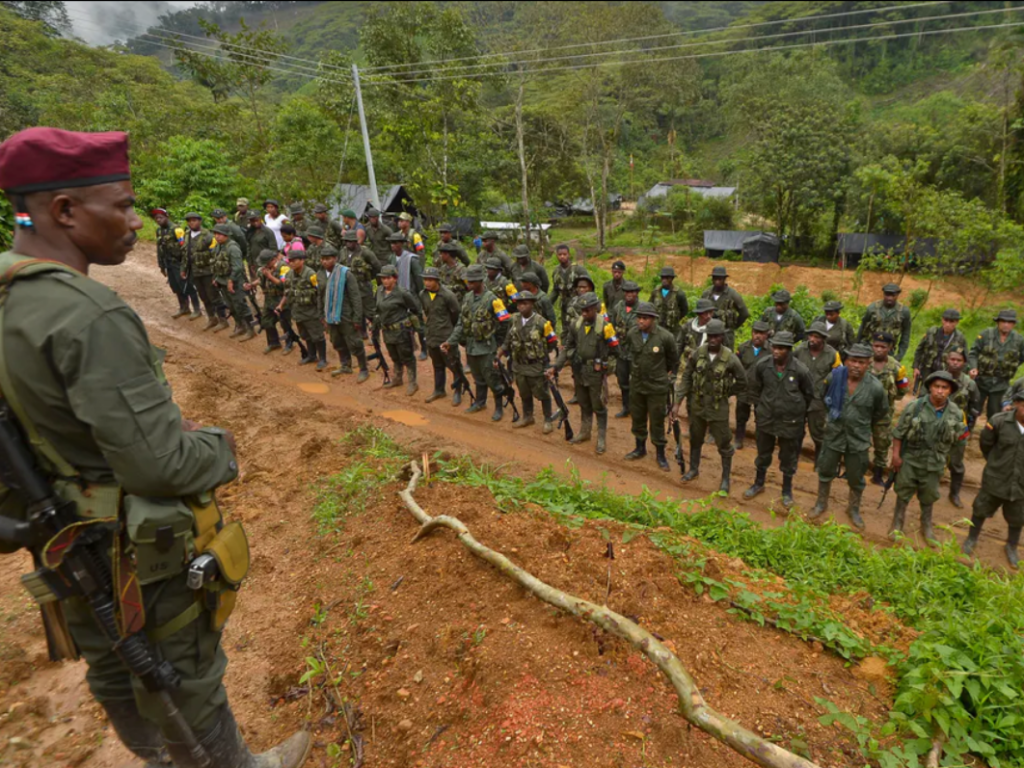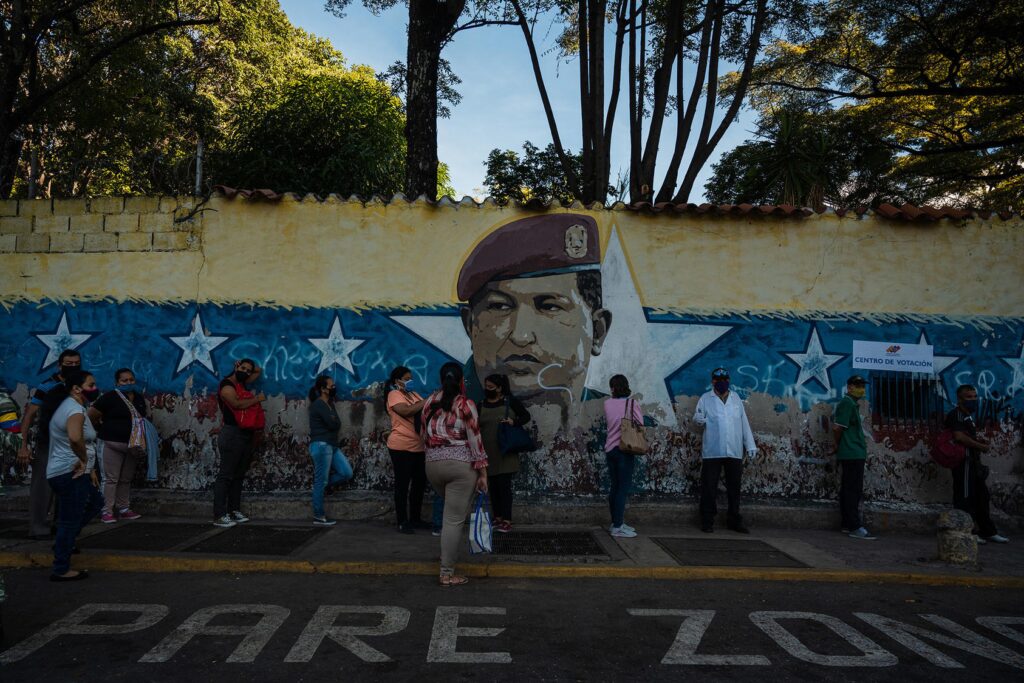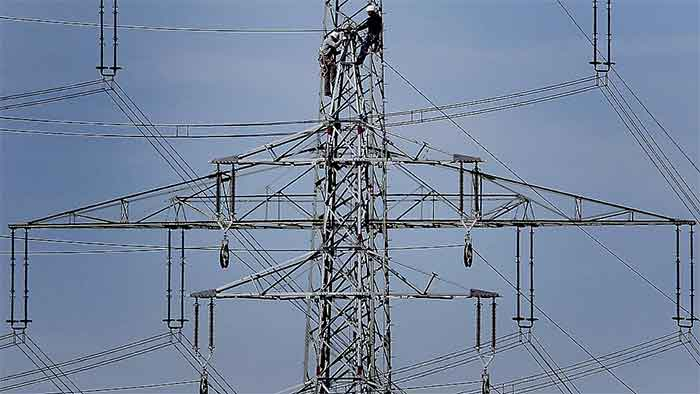Global Inflation Pressures Broadened On Food And Energy Price Gains – Analysis
The chart of the week shows how surging energy costs have boosted inflation, especially in Europe, after fossil-fuel prices nearly doubled in the past year. Rising food prices have also helped to boost inflation.
Meanwhile, continuing supply chain disruptions, clogged ports, logistics strains and strong demand for merchandise have broadened these price pressures, especially in the United States. Higher imported goods prices have contributed to inflation in some regions, including Latin America and the Caribbean.







